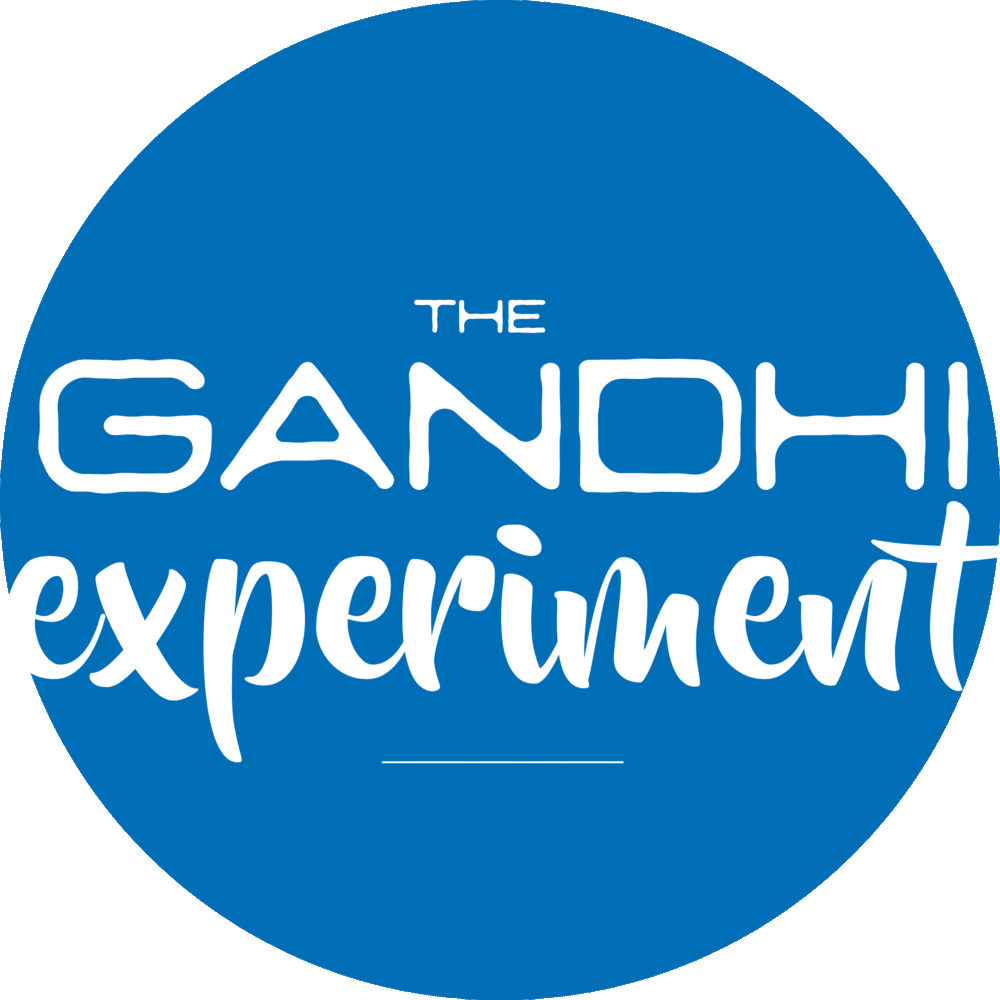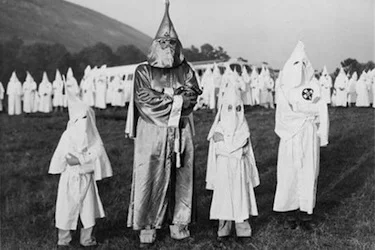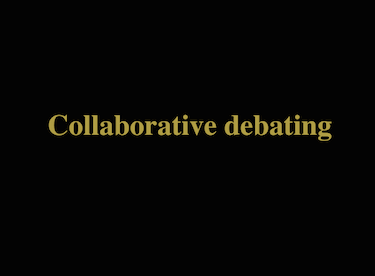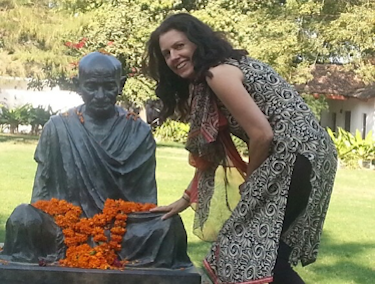Every time I see this photo it fills me with dread. One sweeping glance, says so much.
Recently, I facilitated a workshop - the central questions under examination: How are hate and fear created? What are we doing to build trust across the world’s divides?
Currently, ISIS are brilliant at creating fear. We need to be brilliant at creating love.
I’m Margaret Hepworth and I am a peace educator. If that concept was as well understood as ‘Hi, I’m an English teacher’…then the type of changes that are needed in this world…? We’d already be seeing them. We need to embed peace education in our school curriculum.
Education today is our society tomorrow.
I invite you into my Yr 10 peace classroom. You’re thinking- a bunch of students singing Kumbaya and sharing shoulder massages.
Step inside-
Up the front of the class sits a team of three students – a second team of three sit opposite. The first speaker for the affirmative rises to his feet. “Abraham Lincoln famously commented, ‘Whenever I hear anyone arguing for slavery I feel a strong impulse to see it tried on him personally.’ Now, whenever I hear someone say it’s ok to keep children in detention centres…”
You recognise this - it’s the old school debate.
The first speaker for the other team takes her turn. This is the part you always loved listening to – the rebuttal. Clever use of argument, twisting the oppositions words, personal put downs - dripping sarcasm.
But something is different – "I really like your idea about …Our team hadn’t actually thought of that. However, we invite you to consider...."
It’s then that you notice the labels that sit in front of each team: The Affirmative team…and The Cooperative team.
What you are now privy to is an educational tool I created: Collaborative Debating.
Once finished, our debaters will be congratulating themselves - not because anyone has won against an opposing team. They are celebrating their collective win - finding a solution to the problem.
A few years ago I was teaching Indian history to a Year 11 class. Of course we watched Attenborough’s Gandhi – brilliant film. We studied the man and his message. Non-violence, satyagraha (your truth force), and taking action.
Sometimes we hear these wise philosophies and lay them down as history. In the peace classroom, we use them as current, vibrant motivational tools.
A challenge was set for my students – "Where you see social injustice, step into it and return to share your personal learning." Amongst the many great stories returned, Theo’s is my favourite. Theo was disruptive, dismissive, a regular pain in the proverbial. Yet Theo’s behaviour had begun to change.
He confided in me his own ‘truth force.’ He had come to understand that his ‘stuffing around’ was a form of social injustice. He said ‘I’m not letting them get on with their learning.’ 17 years old!
The day that Vladimir Putin applies Theo’s thinking will be a day we see profound change.
Let's return to the debate:
The first form of debating –the adversarial debate – is today’s political landscape.
Collaborative debating is tomorrow’s political and social progress.




